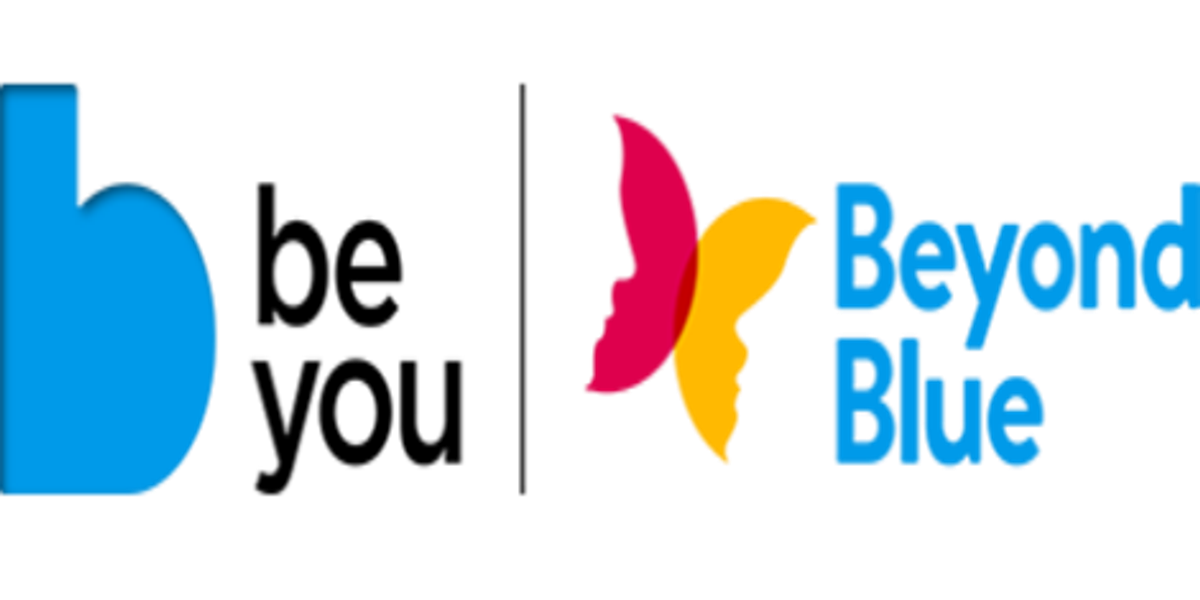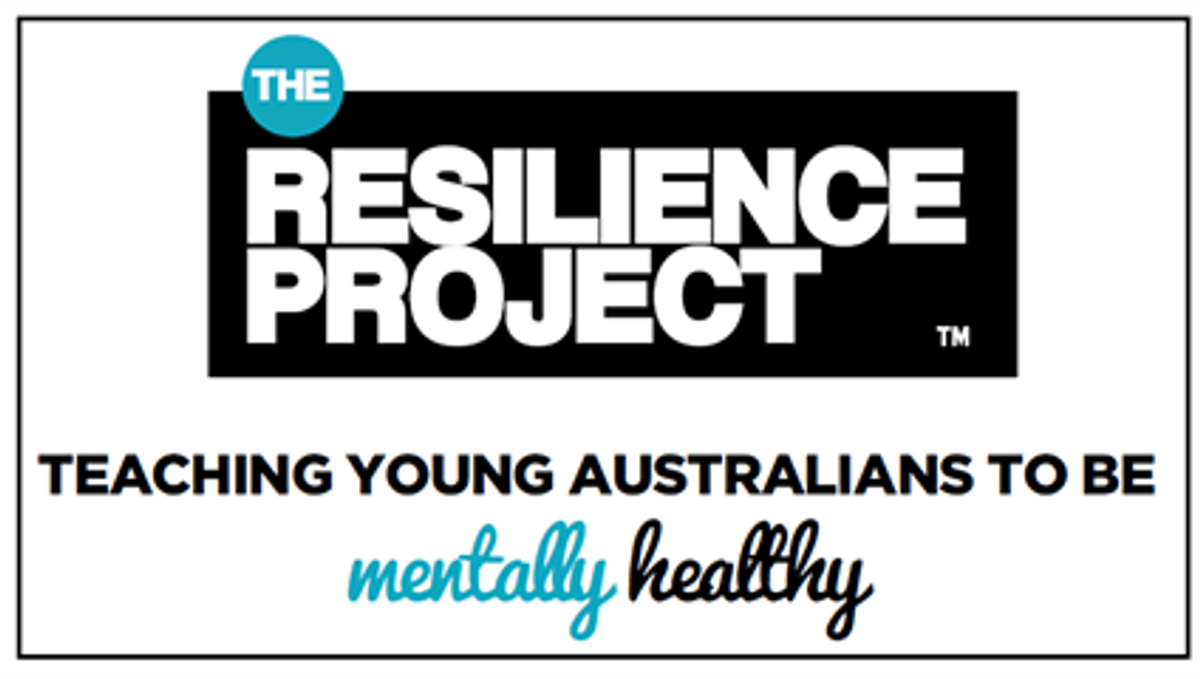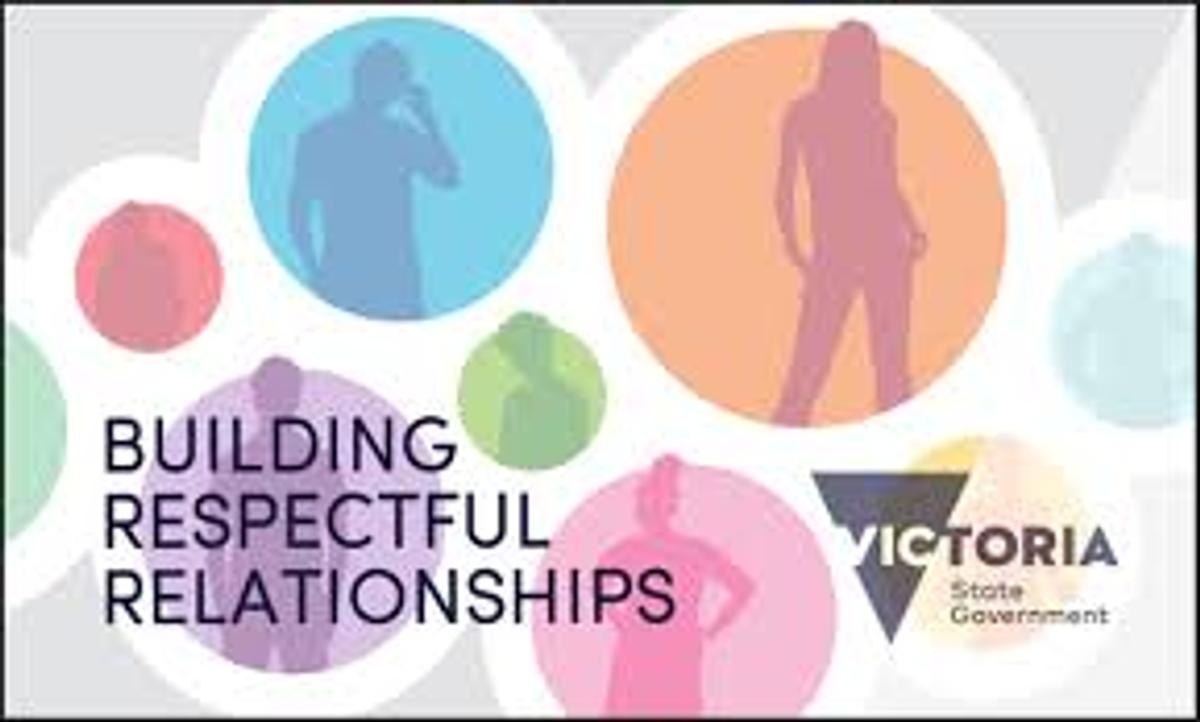Wellbeing

M Connect with Wellsprings for women
We are making a quilt that will be displayed at school.
For any parents who can not attend the weekly Zoom meeting but would like to be involved in this project, please send me an email rlenko@sfslynbrook.catholic.edu.au.
You do not need to be a master sewer or quilter. You can use fabric, paint or whatever you like to decorate your squares. You will be provided with a square piece of fabric to decorate.
If you would like to join us, Robyn will lead the meeting next Tuesday 10th November at 2.20pm.
Join Zoom Meeting
https://us02web.zoom.us/j/85138685427?pwd=TTZyZlRzc1VZTkRLdWVKM3FiOWFYQT09
Meeting ID: 851 3868 5427
Passcode: TL2Kqy
BeYou is a resource for educators that supports and promotes the mental health of all members of the school community, children, parents and children.
At SFS, we are a BeYou school. This week’s fact sheet from the BeYou website is all about stress and how it impacts on your brain.
Stress is a normal response
In many instances stress has a positive effect. It pushes children and young people to adapt to their environment and use new skills. In turn, this supports their learning and development.
Experiences of repeated high levels of stress means there’s a constant focus on managing a threat that may be present. This takes attention away from opportunities to interact with the environment in a way that supports brain development.
Toxic stress
The high stress levels resulting from abuse, neglect or trauma is what’s called ‘toxic stress’ (that is, it can become toxic to brain development). Children and young people’s brains develop in ways that help them cope with these stressful situations. They tend to respond with higher levels of fear and hypervigilance, regardless of the level of threat present. This means their brains have been primed to look out for constant danger and so they perceive greater levels of threat.
This constant state of being ‘on alert’ also shapes children and young people’s developing stress-response system, activating it even when no threat exists. This stress response releases hormones into the bloodstream. Ordinarily, these hormones help us respond to a stressful situation. But when released often and in high doses, these hormones can have a damaging effect on the body and the brain.
Cortisol
Cortisol is the body's stress hormone. Specific areas of the brain have receptors for cortisol – the memory and learning areas of the brain (the hippocampus) are especially receptive. Cortisol attaches to this area during stressful events. They activate memories for dealing with previously stressful times and apply these to the current situation. Research shows that children and young people who have experienced abuse and neglect have smaller hippocampal volumes, related to memory and learning difficulties.
All children and young people benefit from warm and trusting relationships with caring educators, but this is especially true for individuals who’ve experienced stressful events. Repeated opportunities for these types of interactions can help buffer some of their stressful experiences, supporting their learning and development.
The Resilience Project
We are going to continue being a partner school with the Resilience Project in 2021.
After all the year we have had in 2020, building resilience in our children has never been more important.
We will continue to teach the key principles of GRATITUDE EMPATHY MINDFULNESS and EMOTIONAL LITERACY. The senior children will again work through the Resilience Project reflection journals and teachers will access the online lessons to teach these key principles.
What is Respectful Relationships?
Respectful Relationships is about tackling family violence through education.
Rosie Batty, CEO of the Luke Batty Foundation “the school community is an essential part of social reform by modelling a culture of respect through the whole school, not just by teaching respect in the classroom”.
In 2017, respectful relationships education will be taught as part of the Victorian curriculum. The Victorian Government is supporting schools to model respectful relationships across the whole school community as part of its commitment to respectful relationships education.
The Government is providing Victorian schools with a range of extra supports and resources including, new Respectful Relationships teaching and learning materials.
In the classroom, children will learn problem-solving skills, to develop empathy, support their own wellbeing and build healthy relationships with others. The initiative will also provide resources to best support children and staff who are affected by family violence.
When children build positive relationships with their teachers and peers they feel safer and happier at school, are more resilient and have positive social attitudes. Positive relationships also increase a child’s sense of social connectedness and belonging which can result in better health and academic outcomes.
These age-appropriate and evidence based materials are designed to enable teachers to develop student’s social and emotional capabilities to promote positive, healthy and respectful relationships. They provide teachers with handouts and activities for students that guide classroom discussion.
If you have any concerns about the Social and Emotional Learning of your child, please do not hesitate to contact me.
Rachel Lenko
Student Wellbeing Leader
rlenko@sfslynbrook.catholic.edu.au




